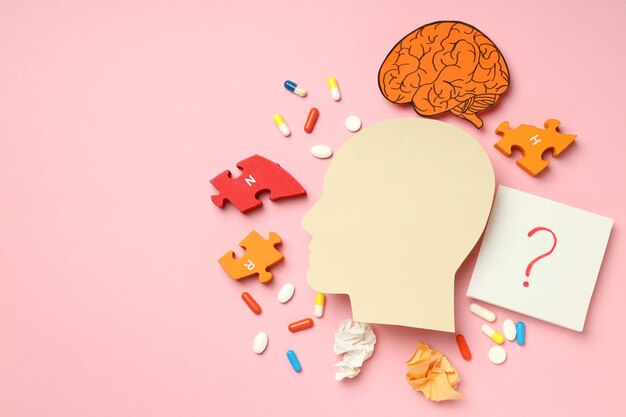Cognitive and Mental Health in Older Adults: Promoting Wellness and Longevity

Maintaining cognitive and mental health becomes increasingly important for overall well-being and quality of life as we age. Older adulthood is a time of reflection, growth, and adaptation, yet it can also bring unique mental and cognitive health challenges. By understanding these challenges and adopting proactive measures, older adults can thrive and lead fulfilling lives.
Understanding Cognitive and Mental Health in Aging
Cognitive Health:
Cognitive health refers to the ability to think, learn, and remember. While some cognitive changes are a natural part of aging, significant issues, such as memory loss or confusion, may signal conditions like dementia or Alzheimer’s disease.
Mental Health:
Mental health encompasses emotional, psychological, and social well-being. Common mental health concerns in older adults include:
- Depression: Often underdiagnosed in older populations, it can stem from isolation, chronic illnesses, or significant life changes.
- Anxiety: Worry about health, financial stability, or independence can contribute to anxiety disorders.
- Grief and Loss: The passing of loved ones or changes in physical abilities can lead to profound emotional distress.
Key Factors Affecting Cognitive and Mental Health
- Physical Health:
- Chronic conditions like diabetes, hypertension, or cardiovascular disease can impact brain health.
- Physical inactivity and poor nutrition may exacerbate cognitive decline.
- Social Isolation:
- Loneliness is a major risk factor for depression and cognitive decline. Older adults who lack social engagement often report lower levels of happiness and mental alertness.
- Life Transitions:
- Retirement, loss of independence, or relocation to care facilities can cause stress and emotional upheaval.
- Sleep Quality:
- Sleep disturbances are common in older adults and can affect both memory and emotional stability.
- Medications:
- Certain medications or polypharmacy (using multiple drugs) can have side effects that impair cognitive and mental function.
Promoting Cognitive and Mental Wellness
- Stay Physically Active:
- Regular exercise, such as walking, swimming, or yoga, boosts mood and enhances brain function.
- Engage in Mental Stimulation:
- Activities like puzzles, reading, or learning new skills can keep the mind sharp.
- Maintain Social Connections:
- Joining community groups, volunteering, or simply staying in touch with family and friends fosters a sense of belonging and purpose.
- Adopt a Brain-Healthy Diet:
- Foods rich in antioxidants, omega-3 fatty acids, and vitamins (like leafy greens, nuts, and fish) can support cognitive health.
- Seek Professional Help:
- If experiencing persistent sadness, anxiety, or memory issues, consulting a healthcare provider is essential. Early intervention can make a significant difference.
- Practice Mindfulness and Stress Management:
- Techniques like meditation, deep breathing, or tai chi can reduce stress and enhance mental clarity.
- Ensure Quality Sleep:
- Create a sleep-friendly environment and establish a consistent bedtime routine to improve rest.
Breaking the Stigma Around Mental Health
One of the most significant barriers older adults face in addressing mental health challenges is stigma. Encouraging open conversations and fostering supportive communities can empower seniors to seek help without fear of judgment.
The Role of Family and Caregivers
Family members and caregivers play a crucial role in supporting older adults’ mental and cognitive health. By providing companionship, monitoring changes in behavior, and facilitating access to resources, they can help their loved ones maintain independence and dignity.
Cognitive and mental health are integral to successful aging. While challenges may arise, adopting proactive habits, seeking support, and nurturing a positive outlook can make a significant difference. By prioritizing wellness, older adults can continue to lead vibrant and meaningful lives.
Encouraging communities, families, and healthcare systems to champion seniors’ mental and cognitive health ensures that aging becomes a phase of life and a celebration of resilience and wisdom.
Diana Nelsen, RN BSN
Are you looking to secure either of these services? Schedule a free consultation with our expert nurses today!

